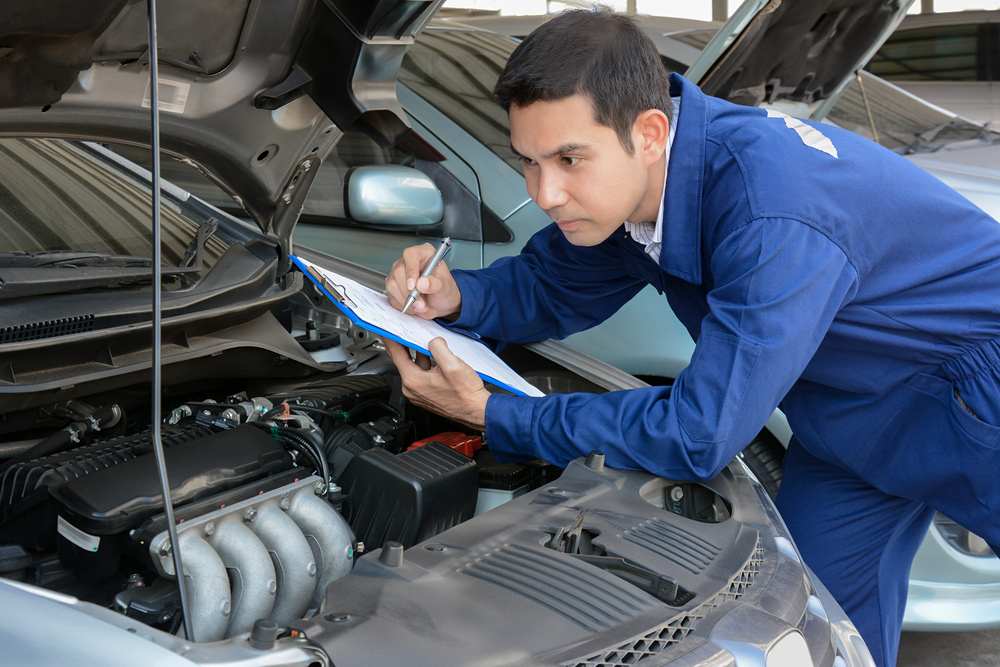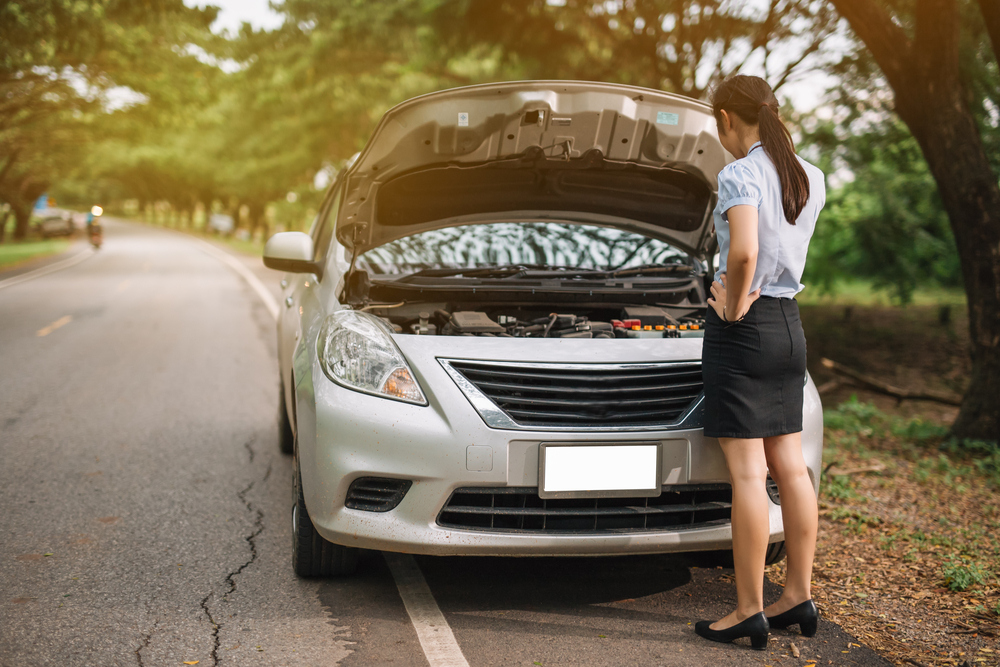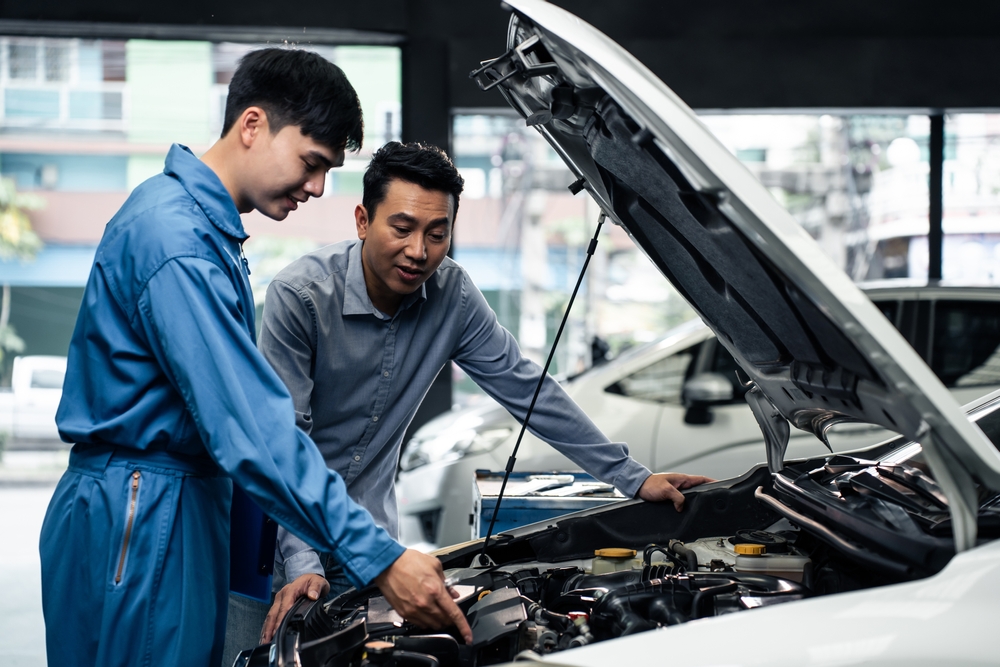There comes a point in a vehicle’s lifespan when its owner wonders whether it’s time to repair or replace the car. Many find this decision difficult, especially when concerns about costs are present.
For instance, purchasing a new vehicle may solve most of your car problems. However, repairs may be the only thing you can currently finance. On the other hand, the opposite can also be true: the costs of repairs may exceed your budget, so it may be wiser to purchase a new vehicle.
When you face this difficult question, it’s best to know first what factors to consider. Read below to learn when you should replace or repair your car and see which is the most cost-effective decision.
When Should You Repair Your Car?
1. When repair costs won’t exceed half of your vehicle’s current market value
As a car owner, it’s understandable that you consider cost when deciding whether to repair or replace your vehicle.
Generally, experts recommend following the 50% rule: the estimated cost of repairs—including parts and labor—should be less than 50% of your target vehicle’s value. Following this rule ensures keeping the repair costs reasonable and choosing the more worthwhile investment than replacing your car.
2. When your car isn’t too old
Repairing your vehicle is a viable option if it’s relatively young and has not yet reached the end of its expected lifespan. Newer cars usually have fewer mechanical issues. They have lower chances of major system failures within their first few years on the road, which may mean they still have valuable years of service.
If your car falls in this category, you can repair it to extend its reliability and ensure you can continue using it longer without significant concerns.

3. When replacement parts are still available
Looking for parts is easy if your car model has commonly used components. These vehicles typically have a broader range of aftermarket and original equipment manufacturer (OEM) options. Plus, you’re more likely to find parts that fit and are compatible with your car’s make and model for optimal results. If so, repairs can be more cost-effective than buying a new car.
When Should You Replace Your Car?
1. When repairs become too expensive or frequent
Rising repair costs may reach a point when it becomes more financially burdensome than purchasing a new vehicle. For example, the cumulative costs of replacing car parts—especially the major ones—can exceed the price of a new vehicle. Frequent repairs can also blow up your car expenses and disrupt your daily routine.
If that’s the case, consider selling your car and using the funds toward your purchase. That way, you can still have the convenience of driving without disruptions or high repair costs.
2. When replacement parts are becoming harder to find
Replacing parts of a vehicle is normal, especially as it ages. However, parts for older car models become scarce as the auto market focuses on producing components for newer vehicles. As such, you may experience longer repair times and higher costs due to limited supply. When that happens, replacing your vehicle may be a more practical option.
3. When your safety is at risk
Safety is always a top priority when choosing a vehicle—and the same applies when deciding whether to repair or replace your car. If your vehicle shows safety issues, it’s time for you to get a new one. You should never compromise your well-being and that of your passengers and other road users. The goal is to prevent accidents that can lead to severe injuries and damage. As such, you should replace your car if you notice brake failures, steering problems, airbag malfunctions, etc.

4. When your car is too old
Age can take a toll on your vehicle. As time passes, your car’s condition can deteriorate and lead to several issues that can affect its performance and, ultimately, its passengers’ safety. As such, watch out for signs such as excessive bouncing, persistent strange noises, and significant rust or corrosion.
If these problems persist even after repairs, it may be time to retire your vehicle. Consider looking for financing options that will help you get a new car.
5. When your car is no longer reliable
Cars naturally wear and tear, even if you take good care of them. However, reliability is crucial in knowing when to repair or replace your car since your vehicle has to make your travels convenient and safe.
If your car frequently breaks down and leaves you stranded or causes inconveniences, it’s telling you to let it go. It would be best to choose a more dependable option for convenient travel.
Recognizing the Telltale Signs of Your Vehicle
Your car serves as your trusty sidekick for safe and convenient road trips. Knowing when to repair or replace your car is essential to staying safe as you drive. While not every issue warrants immediate replacement, persistent problems, and wear-and-tear signs indicate it’s time to get a new vehicle.
Fortunately, buying a new car without sufficient funds is more manageable with Asialink Finance Corporation. We offer the best car financing in the Philippines to replace your old car and find a new unit you can safely use on the road. Check out our loan offers and apply now!






